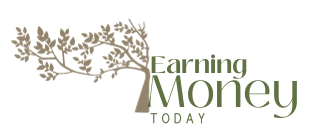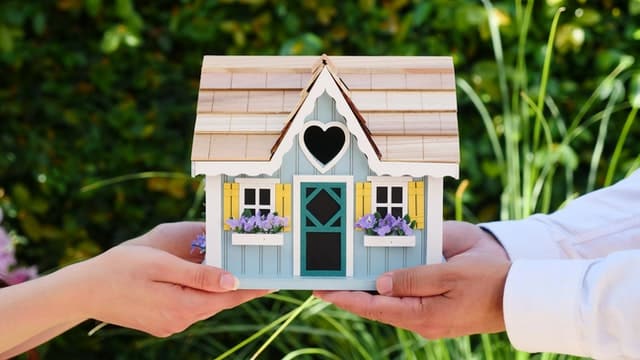
3 Financial Tasks to Immediately Tackle
Many are afraid to talk about money, and the structures needed for a well rounded picture of fiscal health, but it’s so important for building and maintaining a happy, healthy and sustainably long lasting life. Setting up accounts like checking and savings at a bank or credit union, life insurance, credit cards with a healthy range of benefits and coverages, investing in a retirement plan, doing your taxes on time, considering picking up something that generates a side income and so many more activities can feel overwhelming when addressed all at once, and from the spark of a sudden life change that demands such changes. Setting up accounts and foundational structures now can prevent a host of stressors later on, let’s take a look at some top considerations:
- Checking, savings and investment accounts in your own name. Whether you’re legally married or not, it’s a balanced approach to have your own accounts, as well as shared accounts if you’re in a long term, committed relationship, or legally married. Following the better safe than sorry approach, it’s wise to have some money of your very own, to use for whatever you want, without any control or guilt or opinions of others. Setting up an account, such as a credit union savings account, takes only a few minutes, and you can begin saving for a rainy day, a trip, a safety net, emergency fund or anything you desire. Benefits of setting up savings and investment accounts now, rather than later, even if you start with a small amount at first, creates a prosperous habit of putting money into an account that earns interest and gains. The benefits of compound interest for those that earn it are enormous, especially the longer the interest is earned.
- Put all of your debts in a spreadsheet or journal. The medium in which you capture these accounts with interest rates, balances and other vital details really isn’t important, but what is important is going through the process of creating a holistic view of outstanding debts owed. Getting a clear picture of where you stand is the first step in tackling debt and creating an action plan to get it paid down sooner rather than later. The sooner it’s paid off, the sooner you can get those dollars to work for you in savings and investing! As a bonus, consider moving balances to lower interest rate cards, or 0% rate cards, in order to make a bit more bang with your payments towards the principle.
- Consider your retirement accounts. No matter your planned age to retire, whether it be 30 or 75, you should spend some time at least once a year looking at your retirement portfolio, to ensure it’s on track for your targeted retirement year. You’ll also want to make sure your projected balance is enough to sustain your planned lifestyle upon retirement and the income needs for yourself. There are a variety of options, both through your employer, and obtained privately that can prove very lucrative if used in creative investment strategies.
No matter where you are in life right now while you’re reading this, and no matter what your financial situation is, it can always be better. There are endless possibilities of how best to save, invest and structure your personal finances, but most start with the basics of checking and savings accounts. While it can be overwhelming, it is also quite exciting and something every adult should have a cursory understanding of for themselves, just as it’s vital for us to understand nutrition, emotional and social intelligence and our lives around us.


